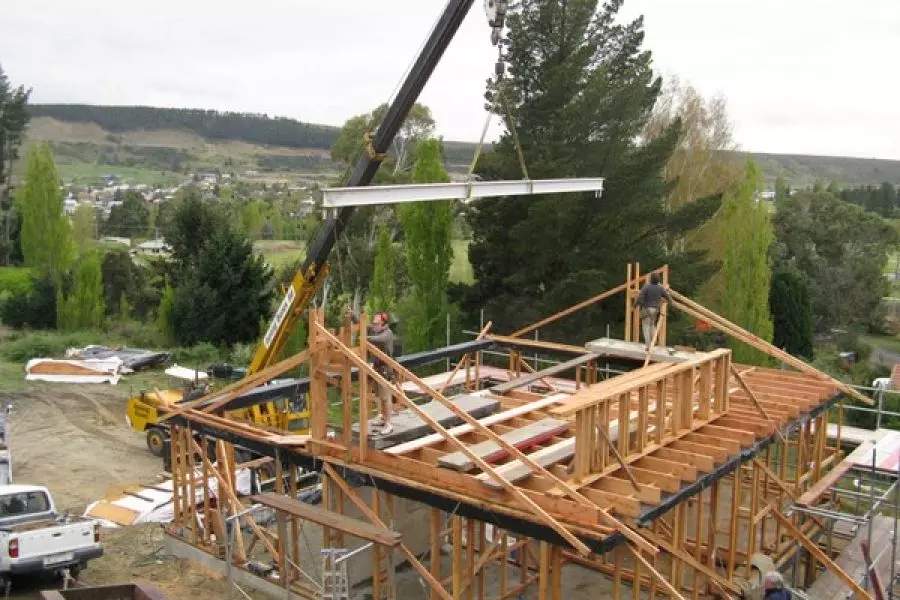News
Construction on the rise

Wednesday 30th of March 2016
February saw a strong rebound in the number of new dwelling consents issued, according to the latest Statistics New Zealand data.
Nationwide, 2,379 new dwellings were consented last month, which is the highest number for a February month since 2004.
This was a significant increase on the 1,695 new dwellings consented in January. It was also a year-on-year rise of 35%.
In...
Want to read the full article?
Click the button below to subscribe and will have unlimited access to full article and all other articles on the site.






![[The Wrap] Bye Bye Bayly](https://goodreturns.publit.io/file/c_fill,w_900,h_600/39f23ac1-f7c7-4854-b700-a150004ebbac.webp)


